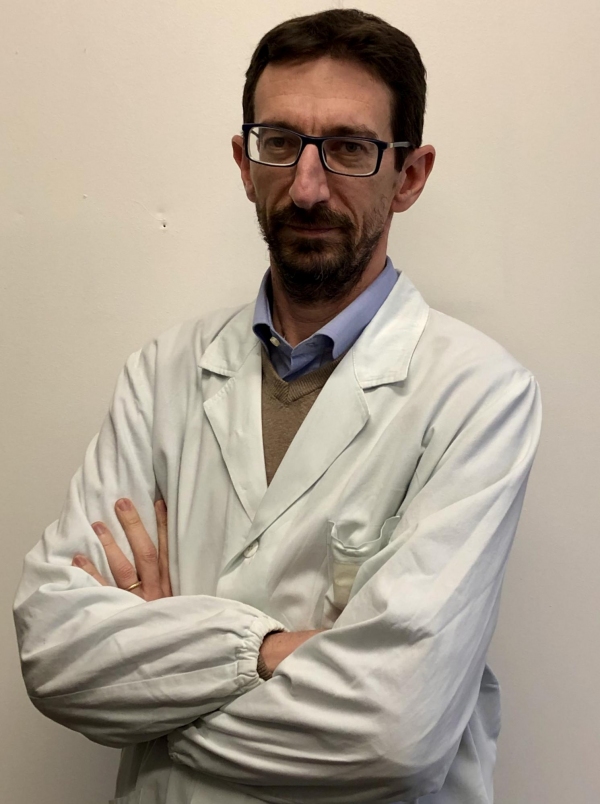Integrated approach to personalized cancer diagnosis and therapy /
Occupational Medicine
Head
Study of genetic and epigenetic factors in the association between exposures and health effects
Main research activities concern the assessment of carcinogenic risk in populations exposed to chemical and physical agents, such as benzene, PAHs, PCBs, formaldehyde, TFE, and asbestos. It also studies the role of genetic and environmental factors in lung cancer development, the effects of air pollution, the influence of cultural and psychosocial factors on the onset of musculoskeletal diseases, and the role of epigenetic markers (miRNA, DNA methylation) in the onset of chronic degenerative diseases.
Environmental and Industrial Toxicology
Research activities are developed on different aspects:
- Environmental and biological monitoring of exposure to chemical agents
- Pollution and health effects
- Surveys of environmental and occupational epidemiology
- Analytical chemistry applied to toxicology
- Metabolomics
Epidemiology
Study of epidemiology in the field of occupational carcinogenesis, occupational diseases and the interference of work activity with eating styles and habits and metabolic processes (especially obesity and diabetes), intervening with the promotion of healthy lifestyles in workers and in combating diseases related to the aging of the working population.
Epigenetics Program
- Optima Max-XP Tabletop Ultracentrifuge
- MACSQant Analyzer Flow Cytometer
- Nanosight NS300
- OpenArray QuantStudio 12KFlex
- Real-Time PCR 7900HT
- QuantStudio 3D Digital PCR System
- Maxwell 16
- QIAcube
- Nanodrop
- Quantus
- Bioanalyzer 2100
- PyroMark™ 96 MD
- 8-Channel Starlet
Toxicology Program
- 1 Gas chromatograph-single quadrupole mass spectrometer with electron ionization
- 1 Triple-quadrupole gas chromatograph-mass spectrometer
- 1 Liquid chromatograph-mass spectrometer
- 1 Liquid chromatograph-mass spectrometer 5500 Q TRAP mass spectrometer
- 2 High-performance liquid chromatograph with fluorometer and diode array
- 1 High-performance liquid chromatograph
- 1 UV detector
- 1 Fluorimeter
- 1 Atomic absorption with flame and graphite furnace
- 1 Mass spectrometer with inductively coupled plasma
Epigenetics Program
- Italian Institute of Technology, Genoa, Italy
- University of Parma, Italy
- Columbia University, New York (USA)
- Hasselt University (Belgium)
- University of L'Aquila, Italy
- University of Siena, Italy
- Auxologico Institute, Italy
Toxicology Program
- CREAGEN - Environmental, Genetic and Nutritional Epidemiology Research Center, Department of Biomedical, Metabolic and Neural Sciences, University of Modena and Reggio Emilia, Modena, Italy
- University of Insubria, Department of Science and High Technology, Como, Italy
- IRCCS Auxologico Italiano Institute, Unit for Bone Metabolism Diseases and Diabetes, Italy
- IRCCS Foundation "Casa Sollievo della Sofferenza"-San Giovanni Rotondo Hospital, Foggia, Italy
- Luxembourg Centre for Systems Biomedicine (LCSB), University of Luxembourg, Netherlands
- IRCCS "Eugenio Medea," Bosisio Parini, Lecco, Italy
- ABCittà Cooperative, Italy
- University of Milan Bicocca, Italy
Epidemiology Program
- Global Burden of Disease collaborator network
- Division of Cancer Epidemiology and Genetics, National Cancer Institute, National Institutes of Health, Bethesda, MD, USA
- INAIL
- Member of the RENAM (National Mesothelioma Registry) and TUNS (Naso-Sinus Malignancies) Working Groups.
- SINERGY multicenter study (Europe and North America) on occupational factors of lung cancer coordinated by IARC
- ISS
- Department of Science and High Technology, University of Insubria, Varese, Italy
- Department of Cardio-Thoracic-Vascular Sciences and Public Health-University of Padua, Italy
- Prevention Lombardy Region
Epigenetics Team: 1 associate professor, 1 university researcher, 8 laboratory technicians, 2 doctoral students.
Toxicology Team: 1 associate professor, 2 university researchers, 4 data processing technicians, 2 health researchers, 1 psychologist, 1 laboratory technician.
Epidemiology Team: 1 full professor, 1 PhD occupational health physician, 2 biologists, 1 biostatistician, 1 psychologist, 1 statistician, 1 mathematician.
—
Other activities in this Research Line
Integrated approach to personalized cancer diagnosis and therapy
Anatomical Pathology
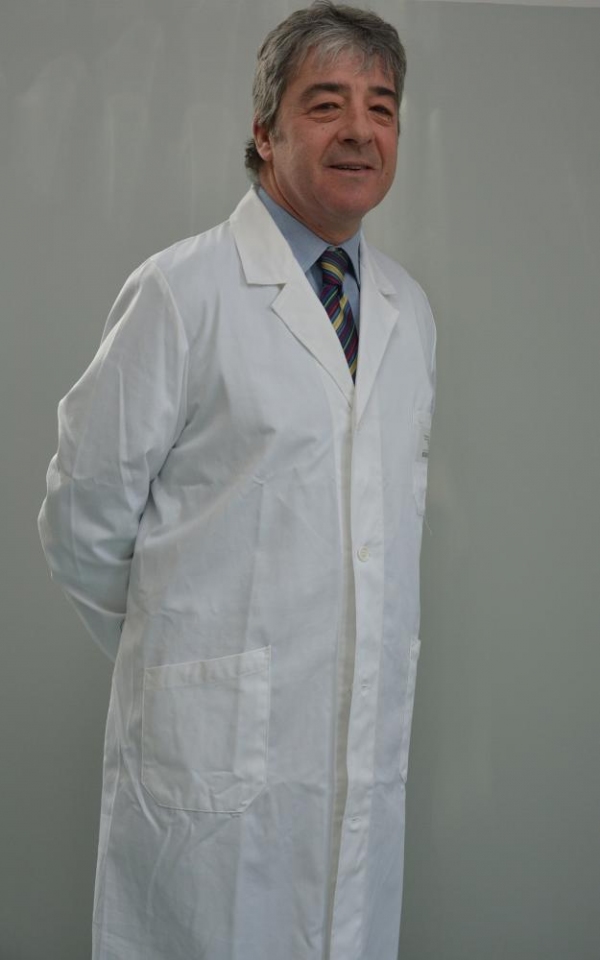
Stefano Ferrero
General and Minimally Invasive Surgery
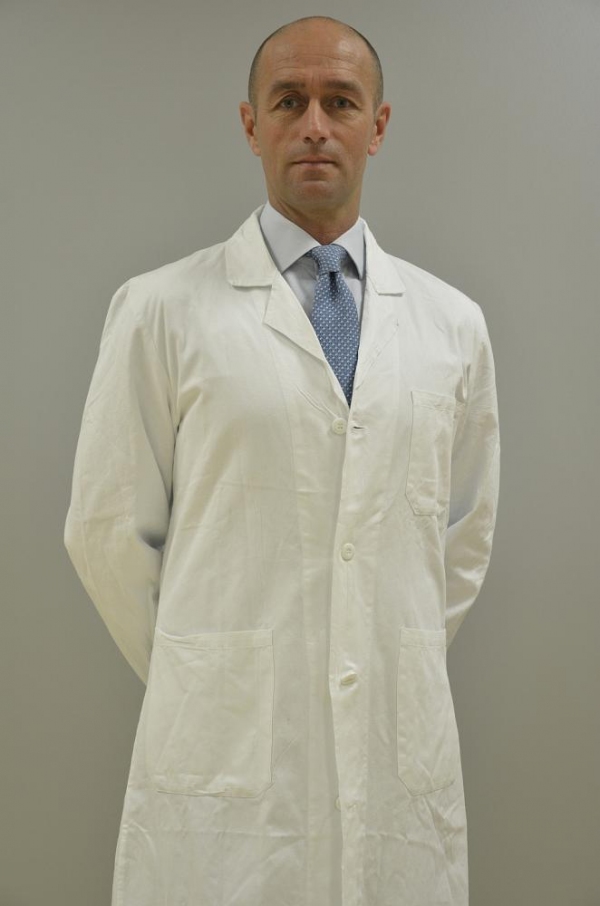
Luigi Boni
Maxillofacial Surgery and Odontostomatology
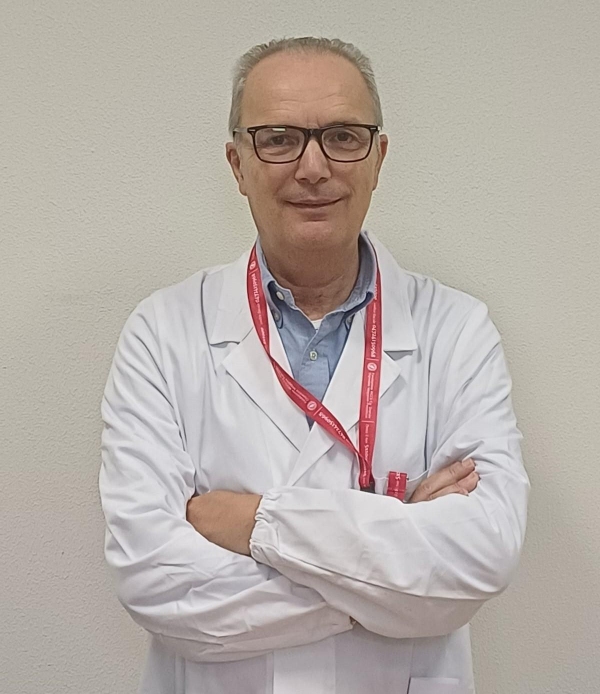
Diego Rossi
Thoracic Surgery and Lung Transplant
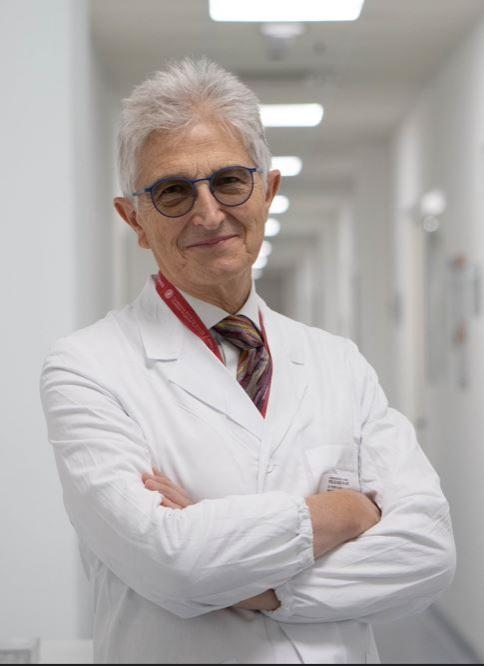
Mario Nosotti
Dermatology
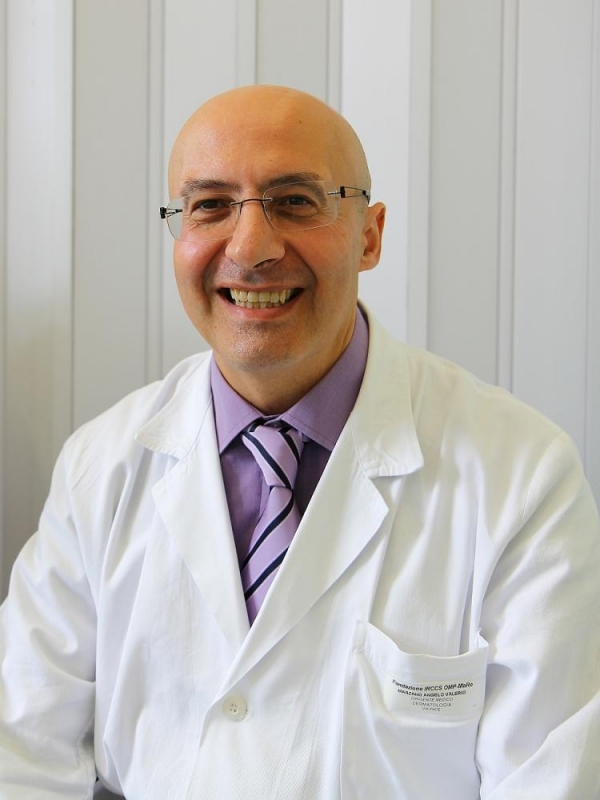
Angelo Valerio Marzano
Hematology
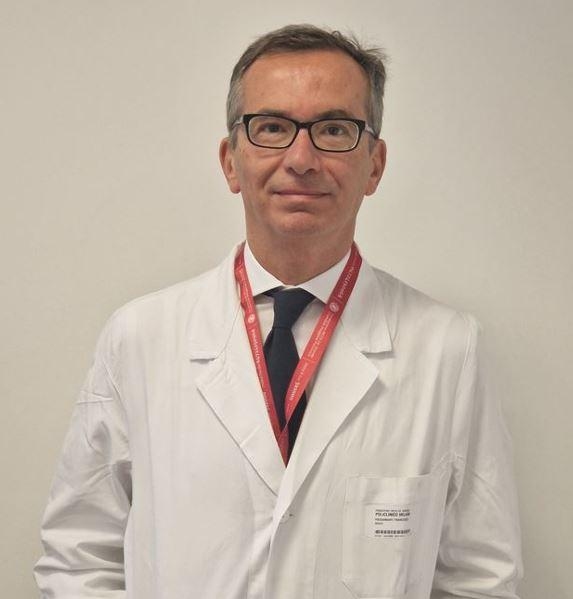
Francesco Passamonti
Endocrinology
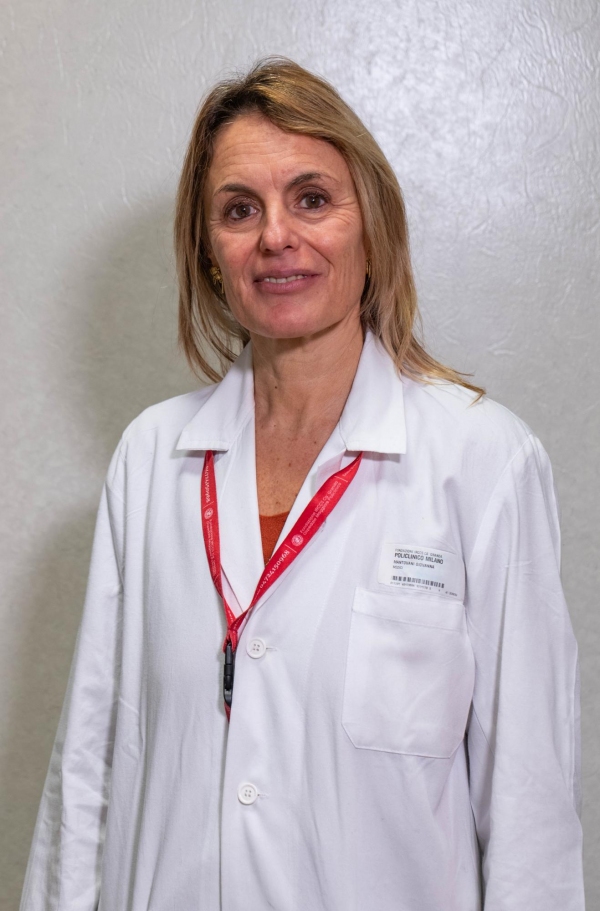
Giovanna Mantovani
Gynecology
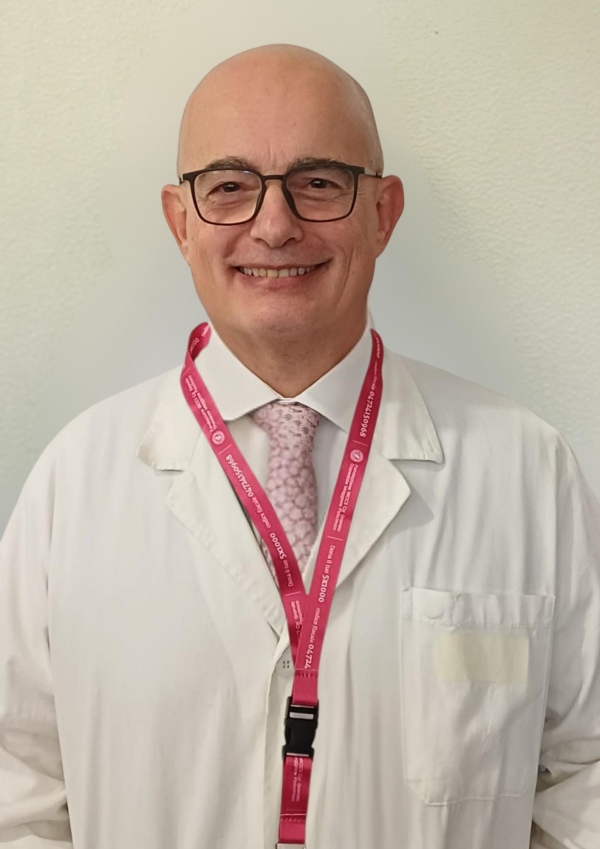
Michele Antonio Maria Vignali
Medical Oncology
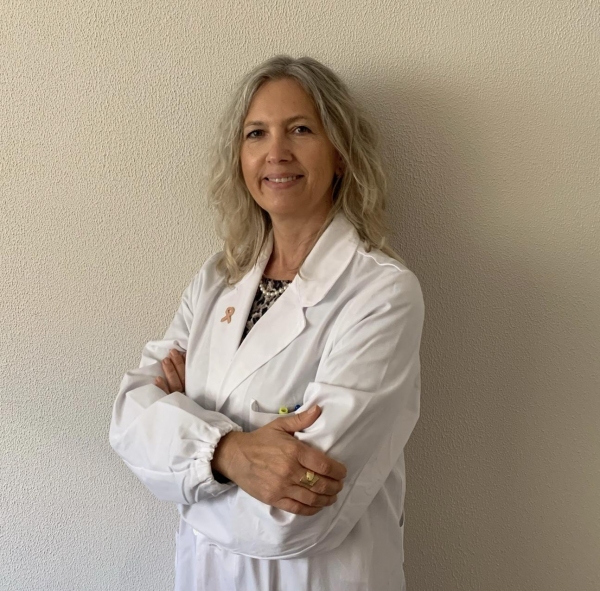
Ornella Garrone
Clinical Pathology
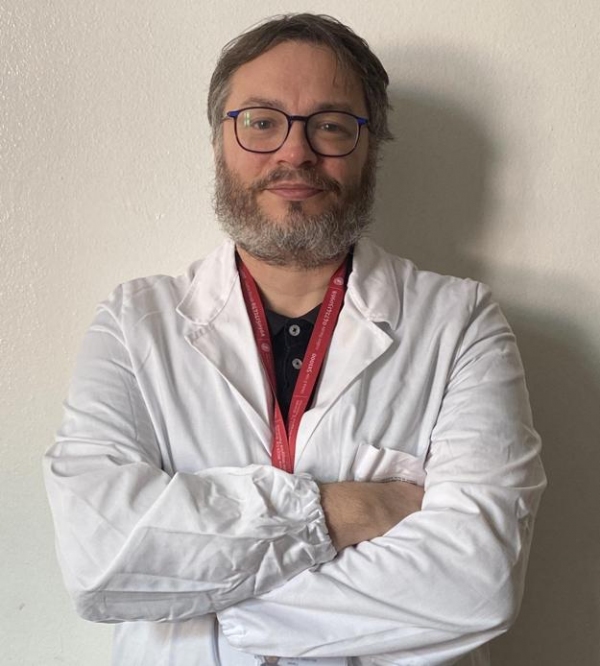
Matteo Vidali
Urology
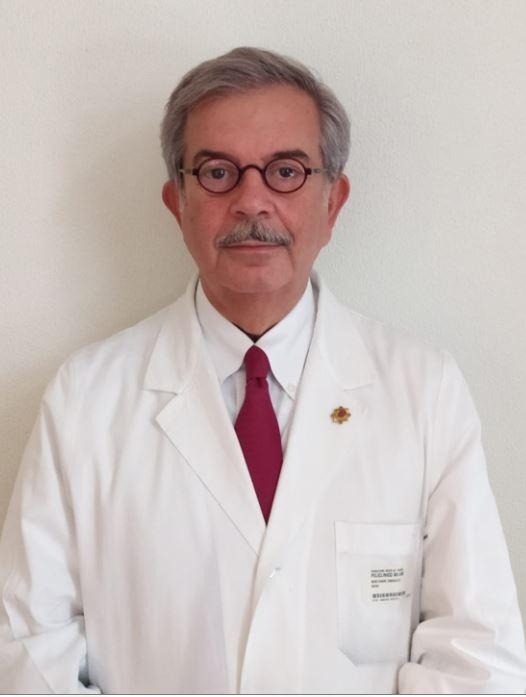
Emanuele Montanari
